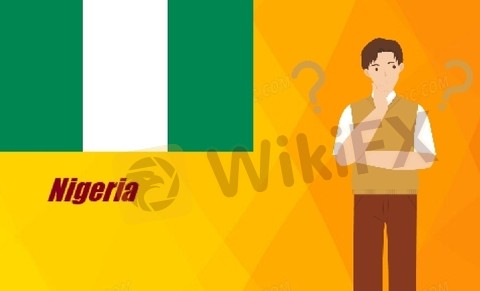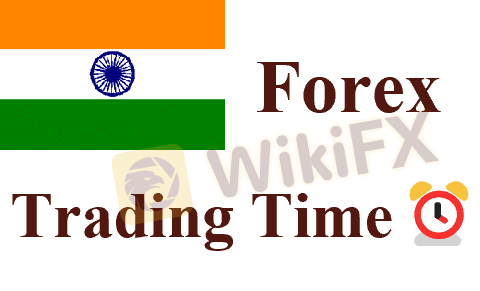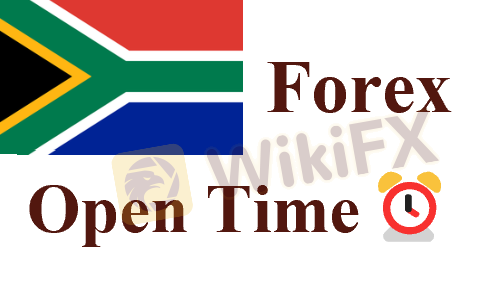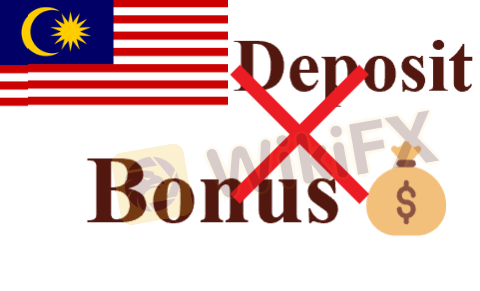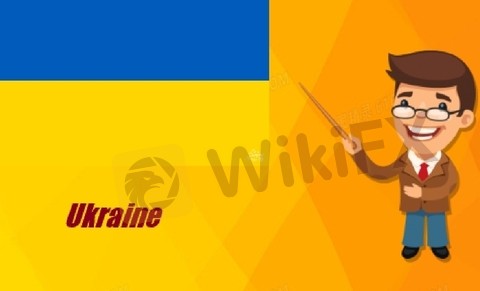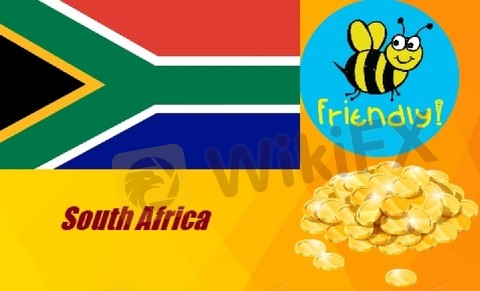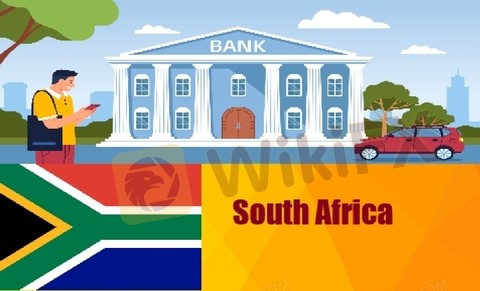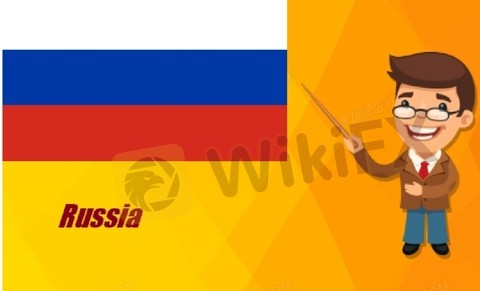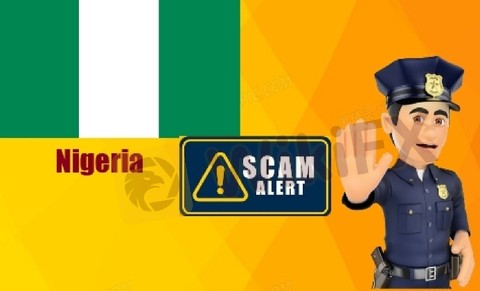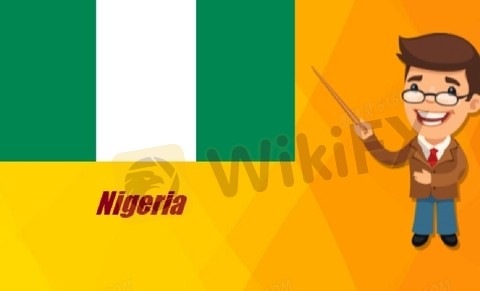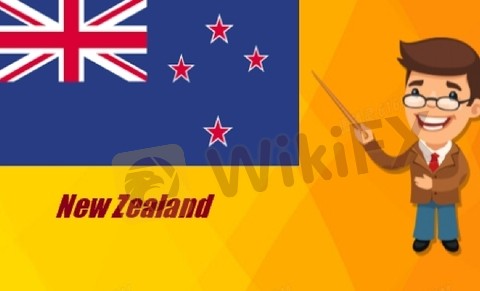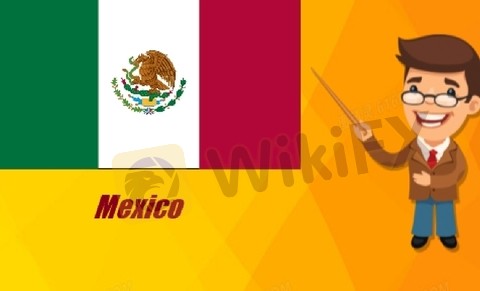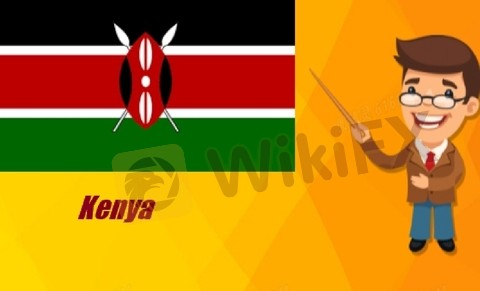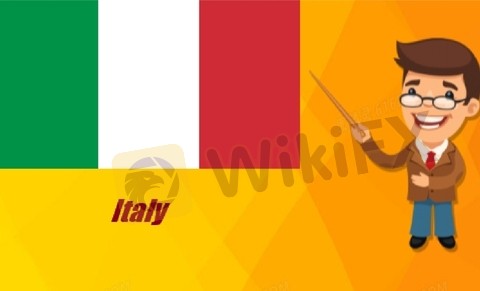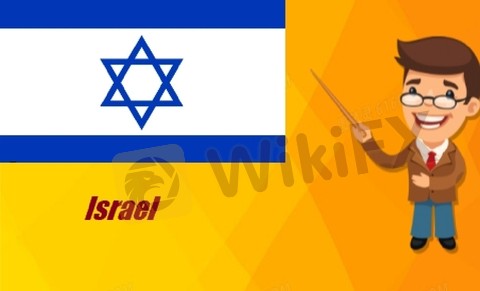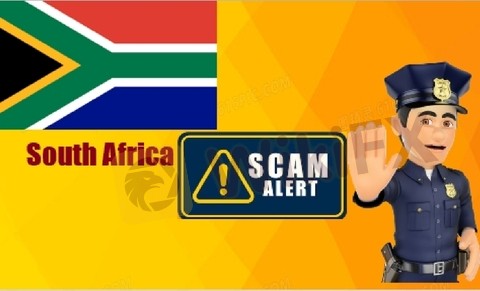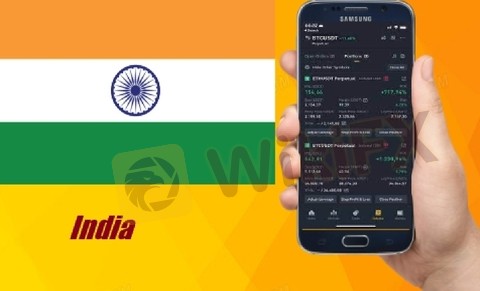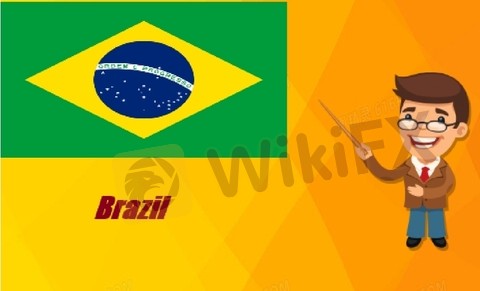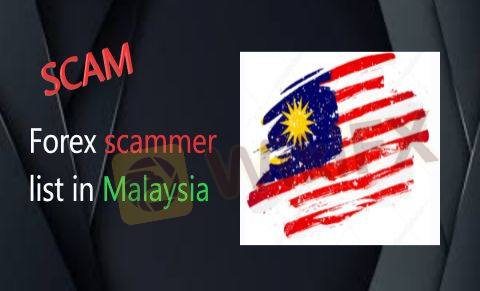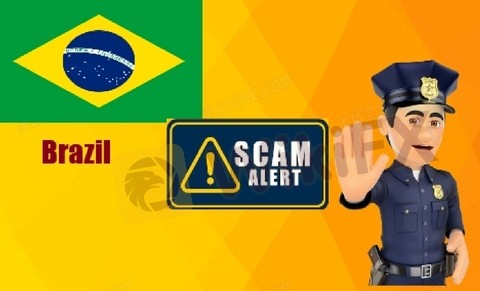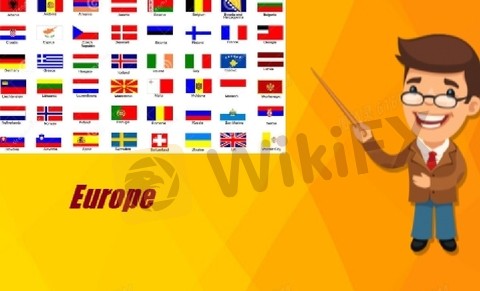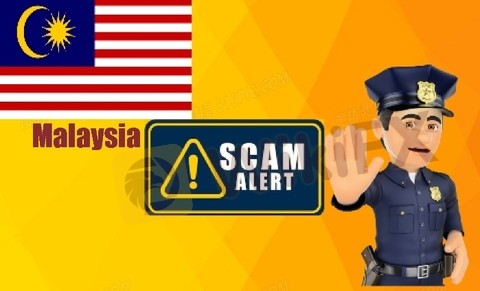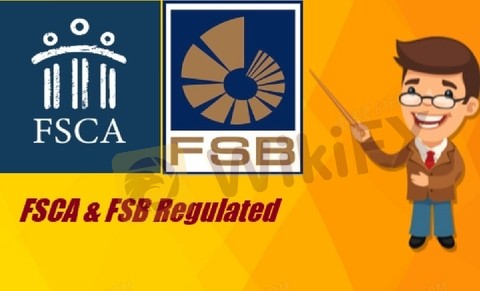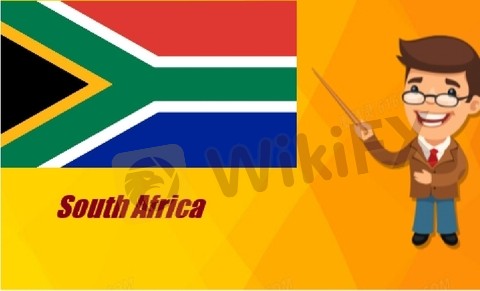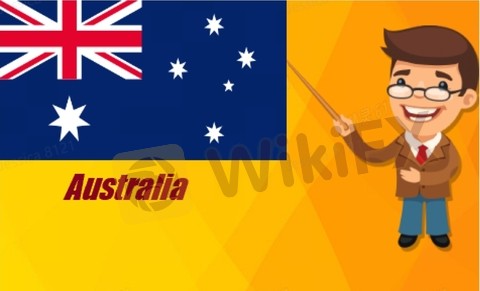According to many observers, Africa has the world's fastest-growing middle class, with Nigeria leading the way. Modern Africa is characterized by a growing interest in retail investment prospects as a result of a consumer spending boom and significant commercial construction. Because of the forex market's openness and decentralization, investors from all over the world can connect, and Nigeria is one of those countries. More and more young Nigerians are turning to the currency market to supplement their meager salaries.
Some in Nigeria are beginning to question the legitimacy of FX transactions in light of the recent growth in the country. Because of Nigeria's reliance on oil, the country's primary source of foreign cash, the foreign exchange market, there is extremely volatile. The Nigerian government, through the Central Bank, the country's top-ranking bank, has attempted to control the sector because of this instability. Nigeria's rules and regulations on foreign exchange provide the Central Bank the authority to implement policies to manage foreign exchange operations. The Central Bank of Nigeria regulates all foreign exchange transactions carried out by banks and other approved dealers.
There are several authorities in charge of Nigeria's biggest brokerages, the vast majority of which are foreign-owned and operated, including the FSCA in South Africa and the FCA in the UK. Local brokers in Nigeria, which are not regulated by the Nigerian Securities and Exchange Commission, pose a risk to investors and individuals alike. As a result, we've compiled this list of the Best Currency Brokers in Nigeria in the hopes that it would assist you in avoiding scams and achieving success in the forex market.
Top 10 Best Forex Brokers in Nigeria
Licensed & Regulated in Multiple Jurisdictions: ASIC, CYSEC, FCA, DFSA, SCB.
Super-Low 1 USD Initial Deposit Quite Friendly to Active Traders.
A Stringently Regulated Broker, Reliable and Safe to Trade With, The Choice of Over 3500,000 Clients from Over 190 Countries.
Quick & Easy to Start Your Real Trading by Funding As Low As 5 USD, Lower & Friendlier Cost Structure Available, Advanced Trading Platforms & Tools Drive You Succeed into the Forex World.
Both ASIC & CYSEC Regulated Financial Providers offer You Excellent Security.
24/7 Professional and Multilingual Customer Support Easy to Reach.
more
Comparison of the Best Forex Brokers in Nigeria
Forex Broker
License
Minimum Spread
Maximum Leverage
Minimum Deposit
Open account
Details
Compare
Forex Brokers in Nigeria FAQs
Is forex trading legal in Nigeria?
It is legal to trade forex in Nigeria, although it is not controlled by the country's governmental authorities. As a result, Nigerian forex traders need to be aware that they may not have the same safeguards as traders in other countries when they trade with Nigerian brokers or brokers who offer forex trading in Nigeria.
Forex trading is still feasible in Nigeria, either through foreign or offshore brokers or through one of the several forex brokers that have recently emerged in Nigeria. It's possible that some foreign brokers are well-regarded and licensed by several regulators in other countries. In some countries, a high level of regulation is a favorable indicator. Direct protection for Nigerian forex dealers, on the other hand, seems unlikely. International brokers may also refuse to take Nigerian clients. Do your research before signing up for an account with an online trading broker.
It is perfectly legal for Nigerian retail forex trader to use their own money to make trades. An expensive and time-consuming licensing process is required if you plan on using investors' money to trade. Of course, Nigeria is not the only country that requires a license to deal in investor cash. It's a financial service, and most nations require a license to provide it. If you're only dealing with your own funds, you're not breaking the law in Nigeria, though.
Who regulates forex trading in Nigeria?
Forex trading in Nigeria is regulated by the Central Bank of Nigeria (CBN) and the Securities and Exchange Commission (SEC). The CBN oversees all the financial institutions and sector developments, while SEC primarily handles the capital market regulations including forex trading.
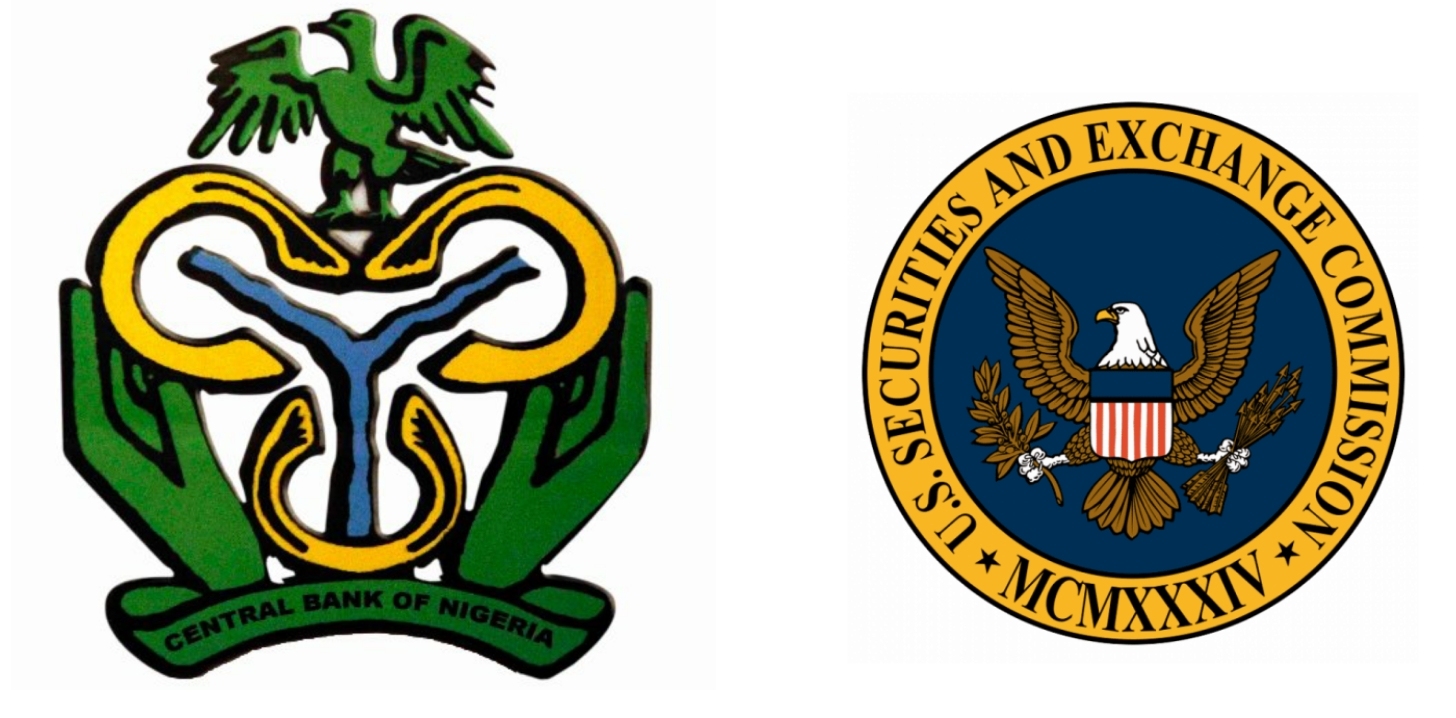
How do I choose the best forex broker in Nigeria?
Choosing the best forex broker in Nigeria involves considering a few key factors:
Regulation: The broker should be regulated by a recognized financial body such as the Central Bank of Nigeria (CBN) or an international regulatory body.
Reviews and Reputation: Look at reviews from other traders to get an idea of the broker's reputation.
Trading Costs: All brokers have fees, and not all fee structures are created equal. Check their costs, including spreads, commissions, swaps and any other fees.
Trading Platform: Look for a broker that offers a user-friendly and intuitive trading platform.
Payment Methods: The broker should offer a variety of payment methods for deposits and withdrawals.
Education and Resources: Check if the broker offers educational materials, webinars, market analysis, and other resources that can help you.
Customer Service: Good customer service is crucial. The broker should provide prompt and helpful service.
How to trade forex in Nigeria?
As a newbie, you can use the following five stages as a starting point to learn the ropes of forex trading. As soon as you get started, you need to be patient and persistent. Trading should not be rushed. If you don't follow these instructions to the letter, you won't succeed.
Choosing a Broker is the First Step First and foremost, you need to find a trustworthy online broker who is looking out for your best interests. As many as hundreds of options are available to you; nevertheless, a select few stick out from the throng for various reasons. Large global brokers like IG Group and eToro, for example, have been around for a long time, are highly regarded, and are subject to regulatory oversight. In addition, look for a broker who offers a free practice trading platform in the form of a demo account. In order to become a veteran, one must put in long hours of practice. Learning how to utilize the broker's platform, how to open and settle positions, and how to read and interpret technical indicators requires a significant amount of time spent practicing. Learn how to make money by putting your approach to the test.
To open and fund an account, brokers will need to see proof of identity, as required by international law. Don't be put off. Following approval, you'll be prompted to deposit funds into your account and select a currency as a basis. You should start with a tiny quantity of money in order to get the ball rolling. Gradually improve your equilibrium as you become more at ease.
What are the most popular currency pairs in Nigeria?
In terms of value, the worldwide FX market is worth $1.93 quadrillion, or 2.5 times as much as the global GDP, with daily trades totaling over $5.3 million. The following currency pairs make up more than 85% of all forex market transactions in Nigeria: EUR/USD, USD/JPY, GBP/USD, AUD/USD, NZD/USD, USD/CAD, and USD/CHF.
Even in African countries like Nigeria, where the Nigerian Naira (NGN) is traded for US Dollars, the US Dollar remains the most traded currency in the world.
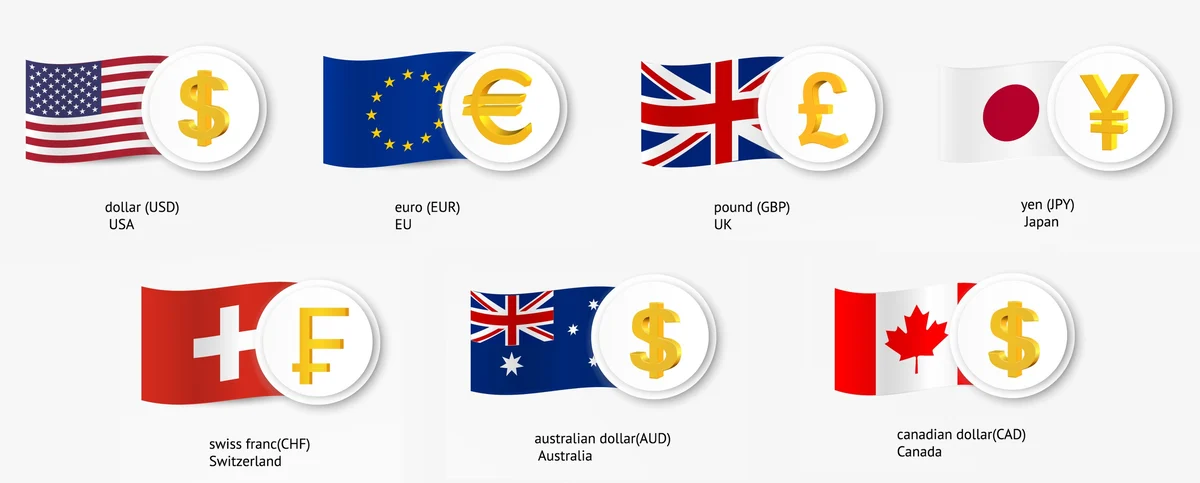
Furthermore, as a novice forex trader in Nigeria, it is best to adhere to the major currency pairings because of their high liquidity and predictable market fluctuations.
How much do you need to start trading forex in Nigeria?
To begin Forex trading in Nigeria or anywhere else in the world, you don't need to deposit much capital at all. The minimum deposit for some platforms is just 2000 Naira, while others want a one million Naira deposit.
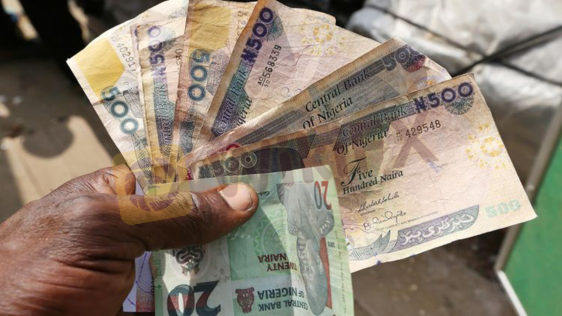
A person's willingness to accept a risk depends on how much money they can lose. The more risk you're willing to take, the more money you'll make in the long term. Even with as little as 500 nairas, some Forex traders have amassed substantial fortunes. If you start out with the same amount of money, you may not succeed in this field. There are other people who have begun with considerably more money and still haven't made any money. The amount of capital you start with relies on your trading strategy, such as if you want to take positions and only take positions that make sense.
What is the best time to trade forex in Nigeria?
In Nigeria, when is the ideal time to trade forex? The optimum times for forex trading will depend on your personal trading style and the currency pairs you choose to trade. For those of us who live in Nigeria or in the West Africa Time Zone (WAT), the European session times are perfectly aligned with our own. Nigerian traders benefit from the overlap with the North American session since it gives them the best of both worlds when it comes to USD/EUR pairings.
Day-trading and swing trading are the two most common kinds of trading. Both trading types would benefit by trading from 10 a.m. to 5 p.m. The “EUR/USD” is the most popular trading pair among beginner forex traders since it trades in narrow ranges during the London/New York overlap. The “EUR/JPY” is also a popular currency pair and maybe liquid enough for profitable transactions during this time.
Does forex trading need to pay tax in Nigeria?
All earnings from Forex trading in Nigeria are taxed at 10% of the gross and are classed as Capital Gains. A prevalent misconception is that traders do not have to pay income tax on gains made in offshore trading accounts. Taxable income earned by a Nigerian citizen while residing within the country's boundaries must be reported on the citizen's tax returns when the profit is generated through trading in an offshore account. Here, it doesn't matter how the money comes in, but rather where the person lives while making it.
Why is forex education so important for Nigerian traders?
The appeal of Forex trading, especially if you reside in a nation where inflation and economic uncertainty are a problem, is that it allows you to invest in foreign instruments and earn real money.
In addition to Forex trading, CFDs provide benefits to traders by allowing them to profit from opportunities irrespective of whether the market is heading up or down, as long as they choose the correct side of the transaction.
A person who saves 10% of their income into a pension for 40 years and buys an annuity today will receive slightly over half of the earnings of someone who saved the same amount but retired 15 years ago. As a result, it's no wonder that a growing number of Nigerians are looking for new ways to increase their money, and Forex trading has emerged as an appealing and accessible choice.
The majority of forex traders do not achieve their full potential since they begin trading before understanding how to do so.
Traders might become very enthusiastic about their forex investment, leading them to believe that they would be successful if they rush right into it without first learning certain important skills. Forex education is critical, just as it is for any other profession.
A successful trader is made up of a period of imaginary instruction followed by a period of practice.
To be successful in the foreign currency markets, you must have extensive trading expertise and a trading strategy.
What are the most common mistakes Nigerian forex traders make?
There are several common mistakes that Nigerian forex traders, and traders in general, often make:
Lack of Knowledge: Entering the Forex market without adequate knowledge is a big risk. Understanding how the Forex markets work, the terminologies used, the strategies and basics of currency trading is crucial.
Not Having a Trading Plan: Trading without a plan can lead to impulsive decisions. Always have a clear trading plan and strategy and stick to it.
Not Using Stop-Loss Orders: Stop-loss orders are essential risk management tools. Not using them can result in significant losses.
Over-leveraging: While leverage can multiply profits, it can also multiply losses. It's important to use leverage wisely and not to ‘over-leverage’ or risk more than you can afford to lose.
Over-Trading: This is when a trader buys and sells too frequently, often as a result of impatience, or the belief that more trades equal more profit. Over-trading can lead to poor decision-making and greater trading costs.
Not Adapting to the Market: The Forex market is dynamic and constantly changing. Traders need to continuously monitor the markets and be ready to adapt their strategies as needed.
Trading Based on Emotions: Decisions influenced by fear or greed can be detrimental to trading outcomes. It's important to keep emotions in check and make decisions based on strategy and analysis.
Having Unrealistic Expectations: Forex trading is not a get-rich-quick scheme. Patience, practice, and realistic expectations are key to successful trading.
Ignoring the Importance of Continuous Learning: The financial markets are always changing, and successful traders continuously learn and adapt to these changes.
Not Understanding the Importance of a Demo Account: A demo account allows traders to practice and test their strategies without risking actual money. Not leveraging this feature can be a missed opportunity for traders to boost their skills.
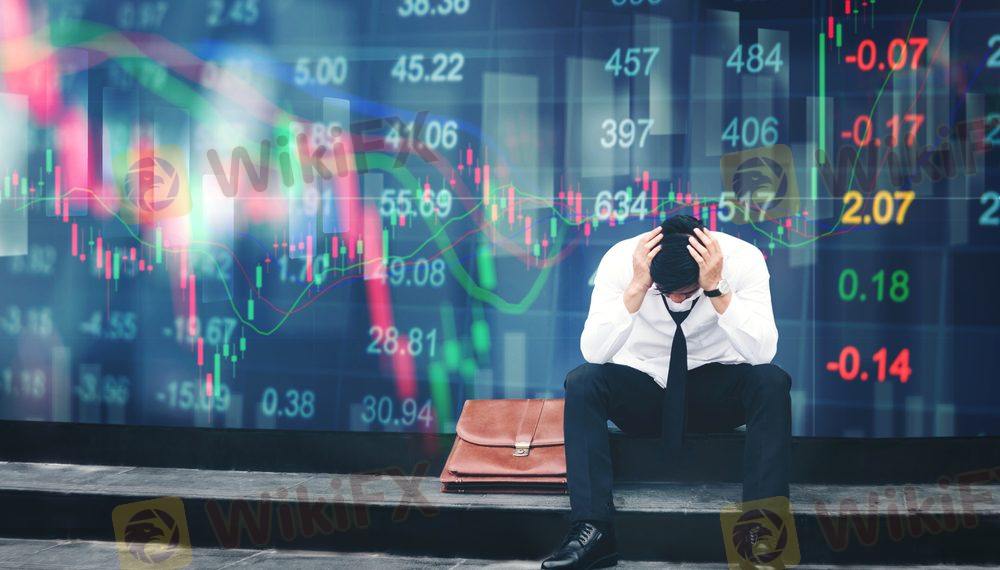
Remember, everyone makes mistakes when trading. Whats important is to learn from these mistakes and try not to repeat them.
You Also Like
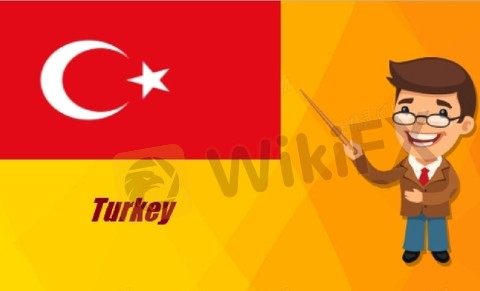
Best Forex Brokers in Turkey for 2024
Review top 9 forex brokers in Turkey, elevating their trading pros and cons to give traders more useful guidance.
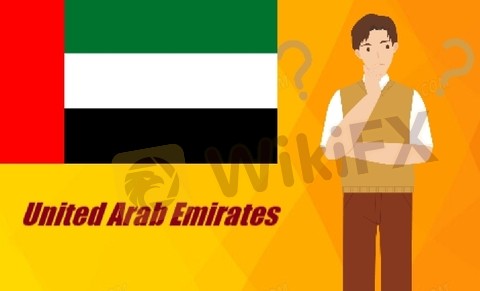
Best Forex Brokers for Beginners in the United Arab Emirates for 2024
Select the top forex brokers for beginners in UAE from the many available to ensure a safe trading environment.
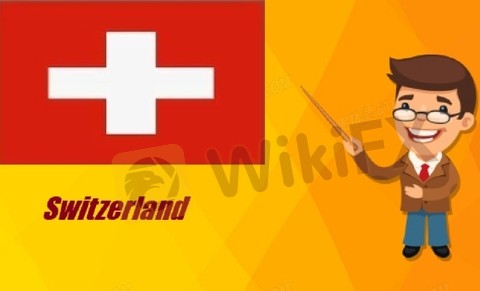
Best Swiss Forex Brokers for 2024
Explore top 10 forex brokers in Switzerland, elevating their trading pros and cons to give traders more useful guidance.
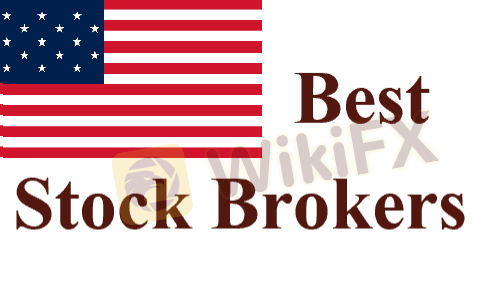
Best Stock Brokers in the US for 2024
When choosing an online broker, finding the platform that best fits your investment needs is crucial. With the rise in popularity of online trading, more brokers are offering free stock trading and commission-free transactions for various assets. It has become a challenge for users to select suitable brokers.


